The federal government shutdown has brought the endorsement of new Home Equity Conversion Mortgages (HECMs) to a standstill, though existing borrowers will continue receiving their monthly payments, according to the U.S. Department of Housing and Urban Development (HUD).
FHA operations during the lapse
In its recently updated contingency plan, HUD stated that while the Federal Housing Administration (FHA) will maintain certain operations—including processing insurance claims—it does not have the authority to endorse new HECM or Title I loans until Congress restores funding. Because the vast majority of reverse mortgages are FHA-insured, the halt effectively pauses new endorsements across the industry.
“The Office of Single Family Housing will endorse loans, with the exception of Home Equity Conversion Mortgages (HECM) and Title I loans,” HUD’s September 29 guidance noted.
The agency clarified in a Q&A section that existing HECM borrowers will remain unaffected in terms of receiving payments from HUD during the shutdown.
Industry response
Bill Packer, COO of Longbridge Financial, said the disruption has not impeded the company’s ability to serve customers.
“We’re focused on educating our customers and partners about what this means, while reinforcing the alternatives available beyond FHA loans,” Packer explained. “Our proprietary Platinum suite and the HELOC for Seniors provide innovative solutions that don’t rely on federal funding. The goal is to ensure seniors have access to dependable options, even during government slowdowns.”
Broader implications for seniors
While Social Security and Medicare benefits remain funded, other government services may see delays. The Social Security Administration could scale back on tasks such as processing new applications or issuing replacement cards, leading to longer wait times. Medicaid, disability, and Medicare payments will continue, though beneficiaries may still encounter administrative slowdowns.
Seniors depending on federally backed mortgages—including FHA, VA, and USDA loans—may face closing delays as staff furloughs ripple through the system. The USDA has already confirmed it will suspend new loans and delay scheduled transactions.
To ease potential bottlenecks, Fannie Mae and Freddie Mac have temporarily waived certain income and Social Security verification requirements for lenders. These measures are designed to maintain lending activity until government operations resume.
Economic ripple effects
According to Selma Hepp, chief economist at CoreLogic, prolonged shutdowns tend to drag on the housing market and broader economy by weighing on investor sentiment and consumer confidence. Households may postpone major purchases, and businesses could freeze hiring or investment decisions.
“If a shutdown drags on, missed payments or furloughs can hurt credit scores and loan performance, especially for federal workers and contractors. Stricter lending standards may shrink the pool of qualified buyers even more,” Hepp warned.
Shutdowns can also complicate the Federal Reserve’s policymaking. With critical data such as jobs and inflation reports delayed, the Fed may lean more heavily on forecasts or private-sector data, potentially adding volatility to markets.
Investors often react by pushing Treasury yields lower during shutdowns, a trend that can shave 0.125 to 0.25 percentage points off mortgage rates. But uncertainty over missing data may also cause swings in financial markets until appropriations are restored.


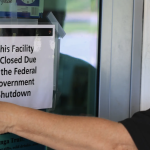




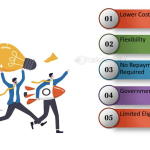

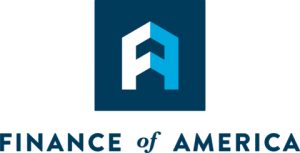
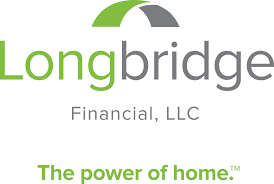
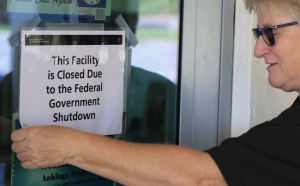


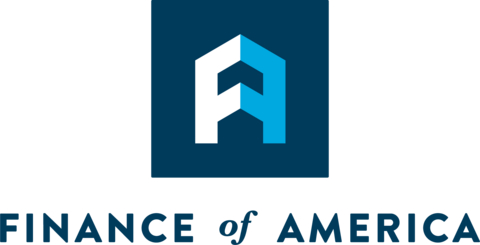
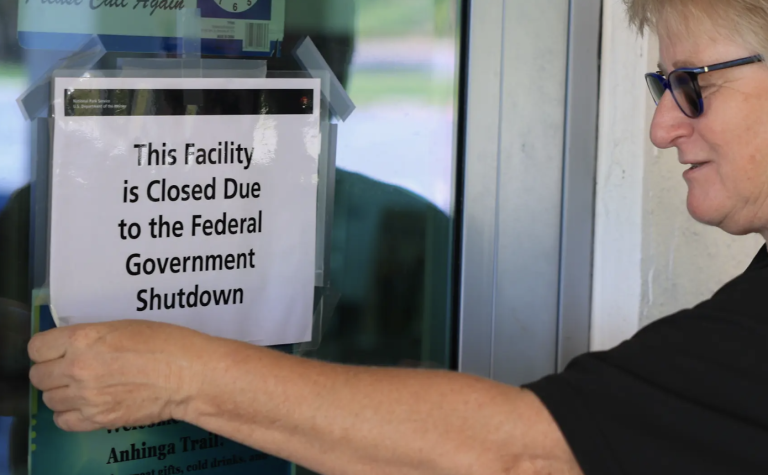



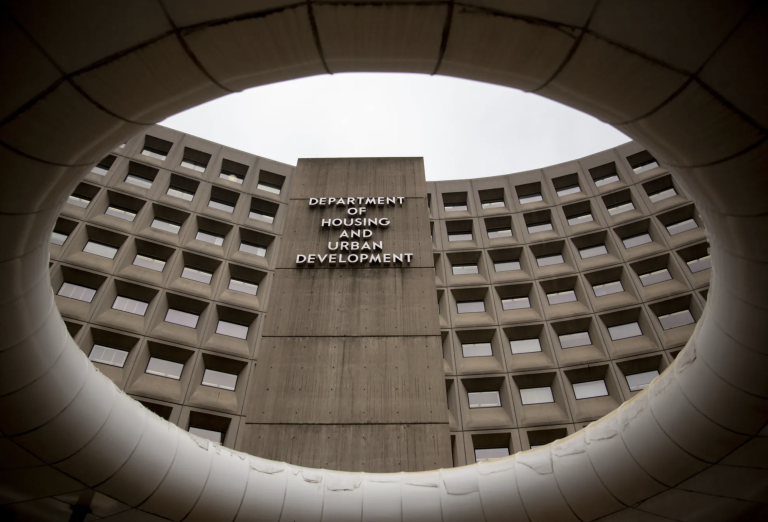
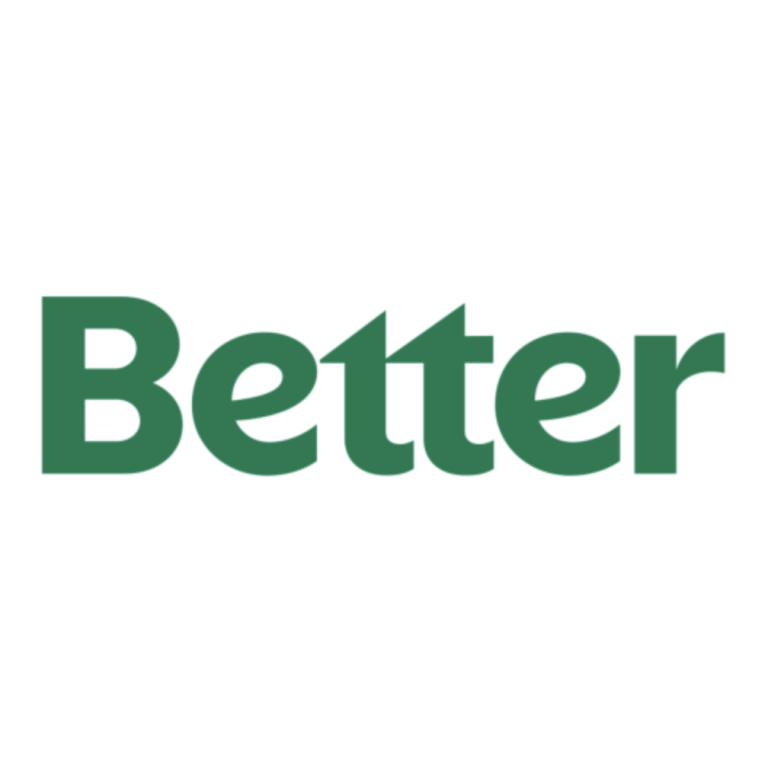
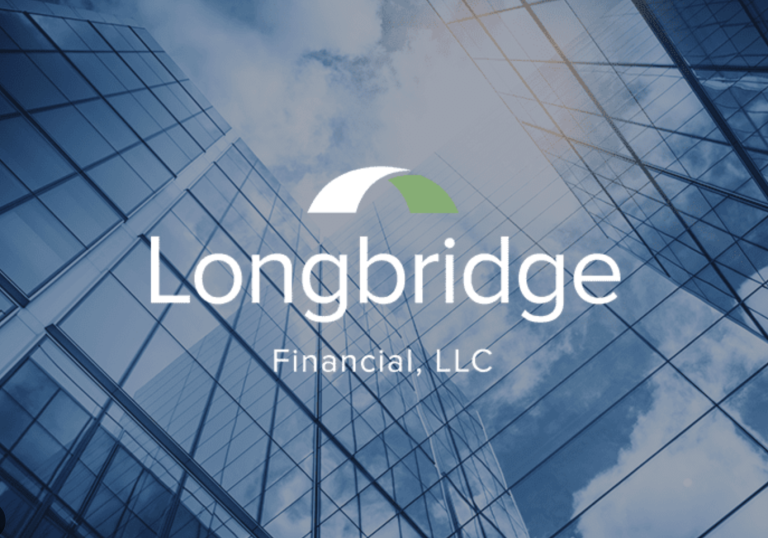
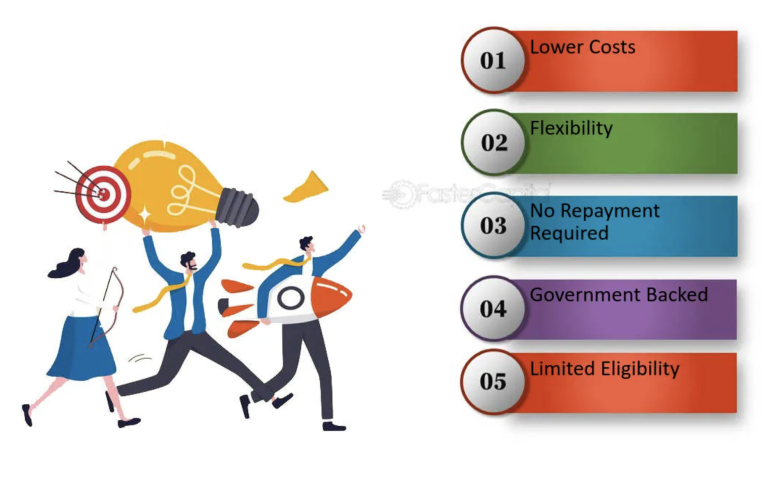
+ There are no comments
Add yours